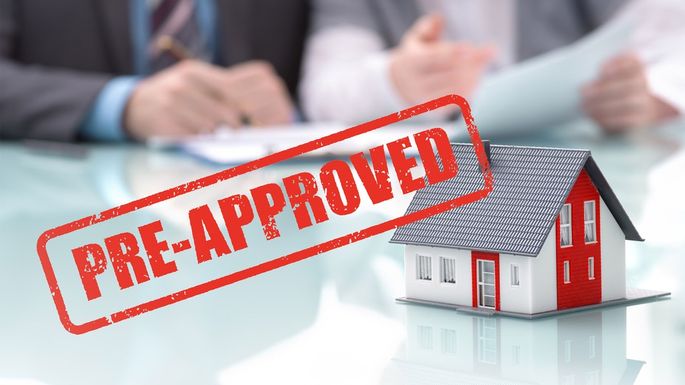In a seller's market, when there are more buyers than properties available for purchase, preapproval may help set you apart as a buyer and provide you an advantage over other prospective purchasers. The transaction that has a higher probability of going through since the buyer already has the support of a lender is often the one that the seller chooses to prioritize.
How Does Mortgage Preapproval Work?
By filling out a loan application, you will be able to get a letter of preapproval. Certain financial papers, such as tax returns, pay stubs, and access to your bank and investment account data, will be required to get financing from a lending institution.
Various lenders' methods and procedures may vary, but most of them will ask that you consent to a credit check and send over other financial papers. The lender will need access to your credit history to determine how much money you are capable of borrowing and yet being able to pay back in manageable monthly payments. It is possible that your application will not be reviewed for many days, depending on how much work is required with the materials you submitted.
If, after reviewing all of this information, we determine that you are eligible for the loan, we will send you a letter of preapproval. In most cases, the letter is only good for a maximum of ninety days; however other lenders have varying restrictions for how much long preapproval letter is valid.
Preapproval vs. Prequalification
It's easy to get preapproval and prequalification mixed up with one another, and although the two concepts are related in certain ways, there are also some significant distinctions between them. Some financial institutions, particularly banks and lenders, see the phrases interchangeable. The preapproval process will help you determine how much house you can afford as well as which lenders you may be able to work with in the future. Because it takes into account information from credit bureaus, the estimate of the amount of your mortgage it generates is more accurate.

Pros
Accelerate the process of purchasing a property
If potential buyers express interest in the property but don't seem prepared to make a purchase, the house owners will likely continue to show it while waiting for a more serious offer. The process of purchasing a property will go forward more quickly if you demonstrate that you are serious about doing so as quickly as possible, for example, by getting a preapproval mortgage.
You can shop around for low rates
You are not required to accept preapproval from the first lender you go to for financing. You have the option of submitting numerous applications to a variety of lenders to evaluate which one would provide you with the most favorable interest rate and conditions. When determining a person's credit score, scoring algorithms such as FICO treat comparable queries as though they were made simultaneously. They can see that you are comparing rates. Suppose you apply for many home loans within 30 days. In that case, it will only count as one "hard inquiry" on your credit report rather than the several score-lowering inquiries that would occur if you applied for each loan individually.

Cons
Will not ensure that you get a mortgage loan
After being preapproved for a house loan, there is still a possibility that your financial situation or other circumstances may change, causing you to be no longer eligible for the loan when you apply for it.
Dings credit score
Preapproval for a mortgage requires access to credit scores and credit history. Because this is a hard query into your credit history, credit score will momentarily decline, but it will not remain lower forever. This may affect the interest rates and conditions of borrowing for other loans, such as credit card debt or an auto loan. After purchasing a property, you should consider waiting a few months before applying for further loans or lines of credit.



